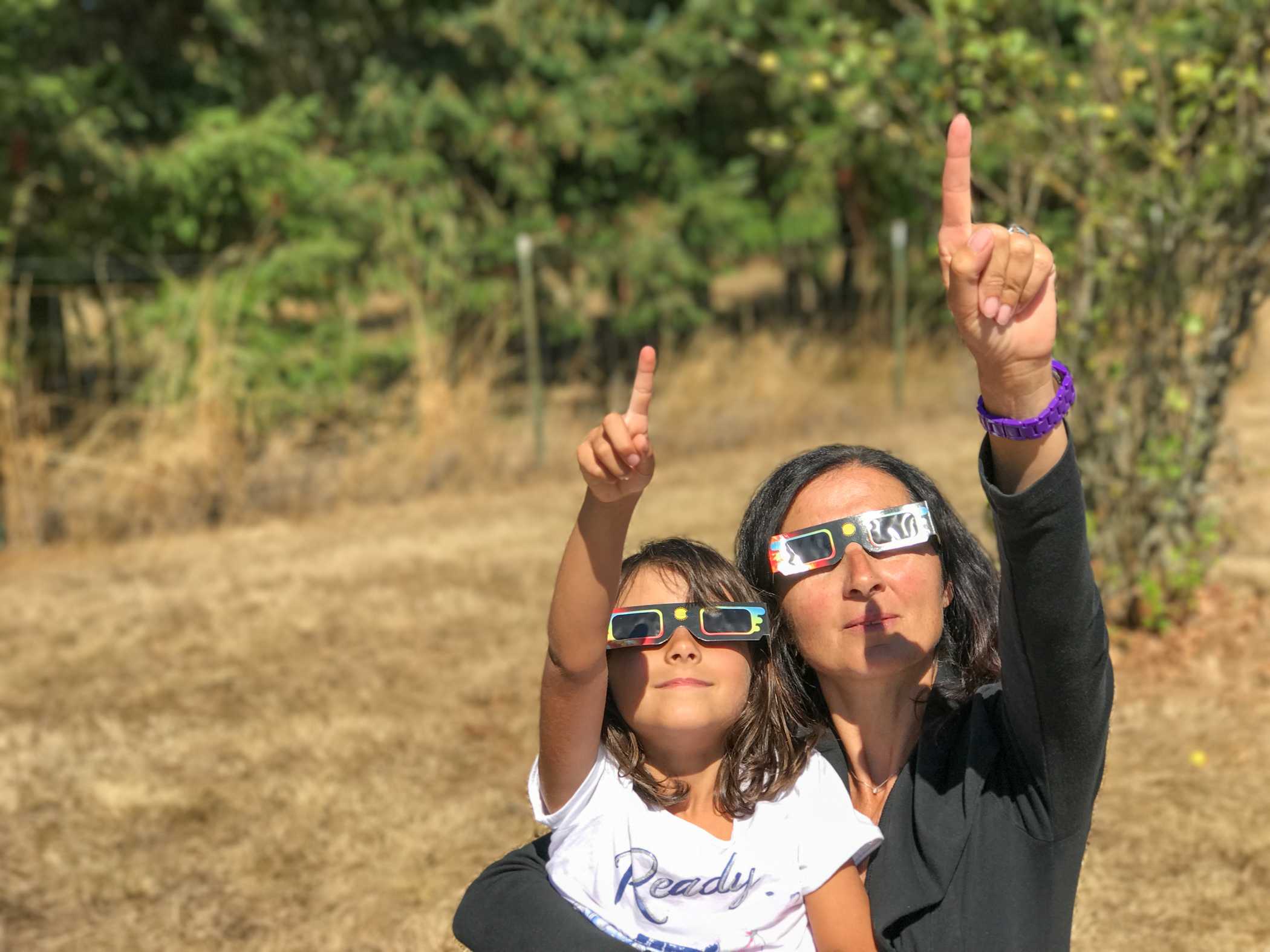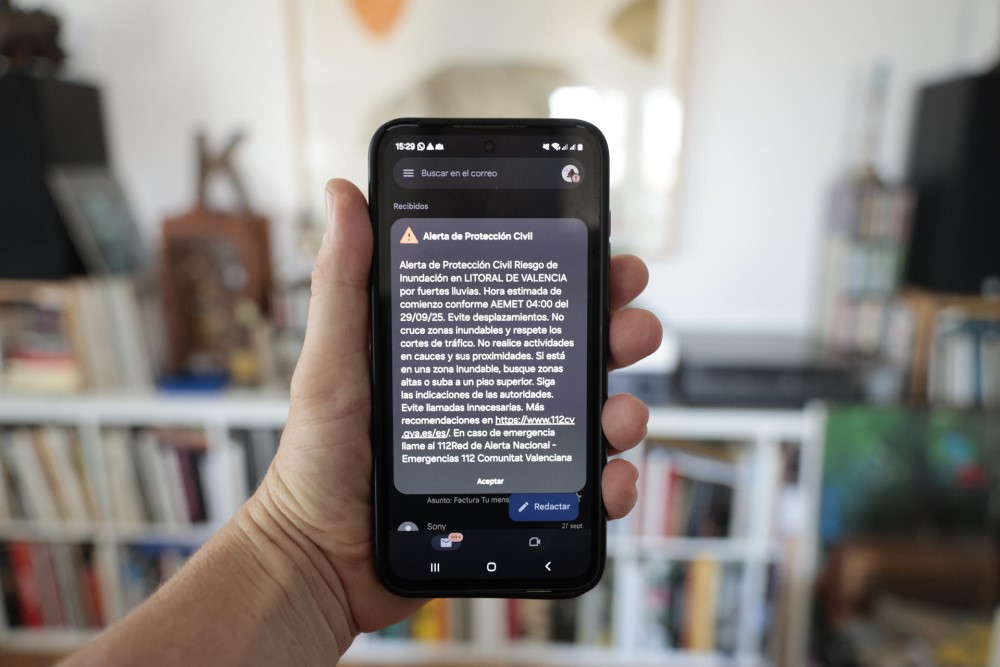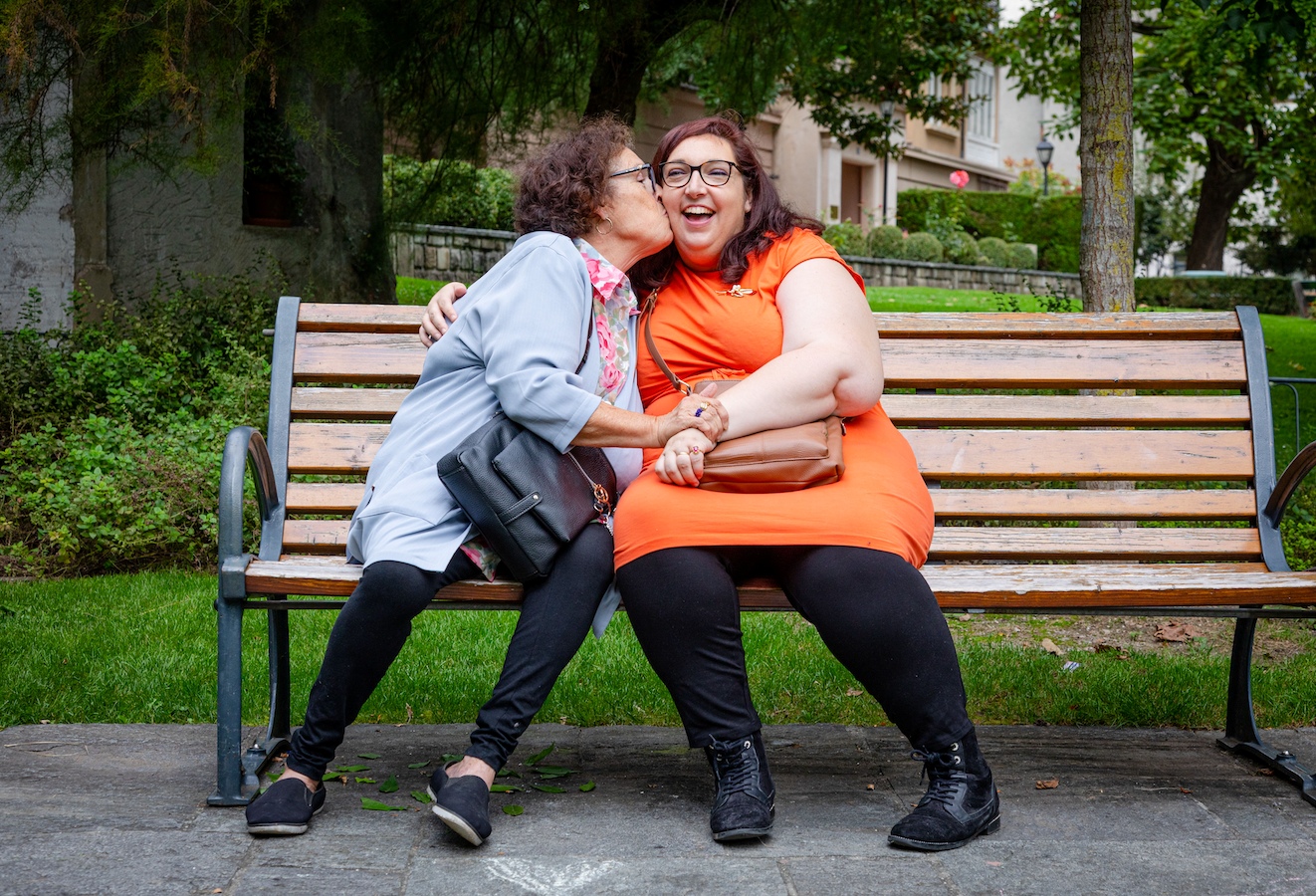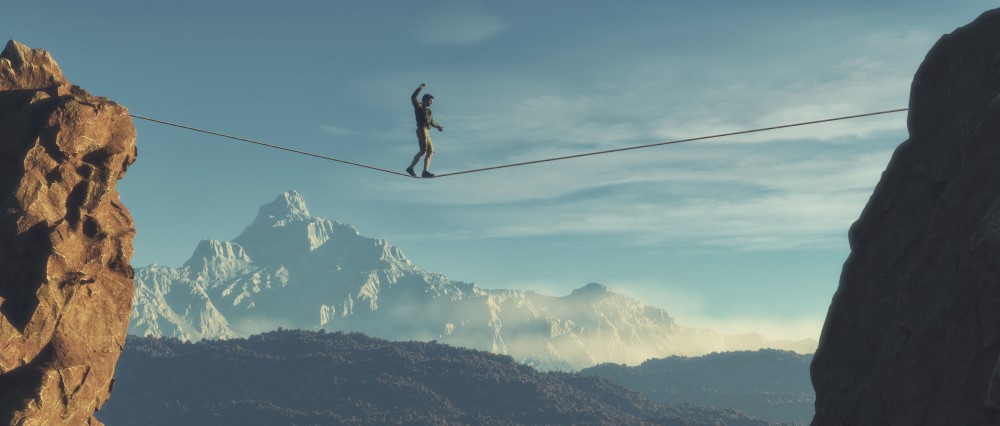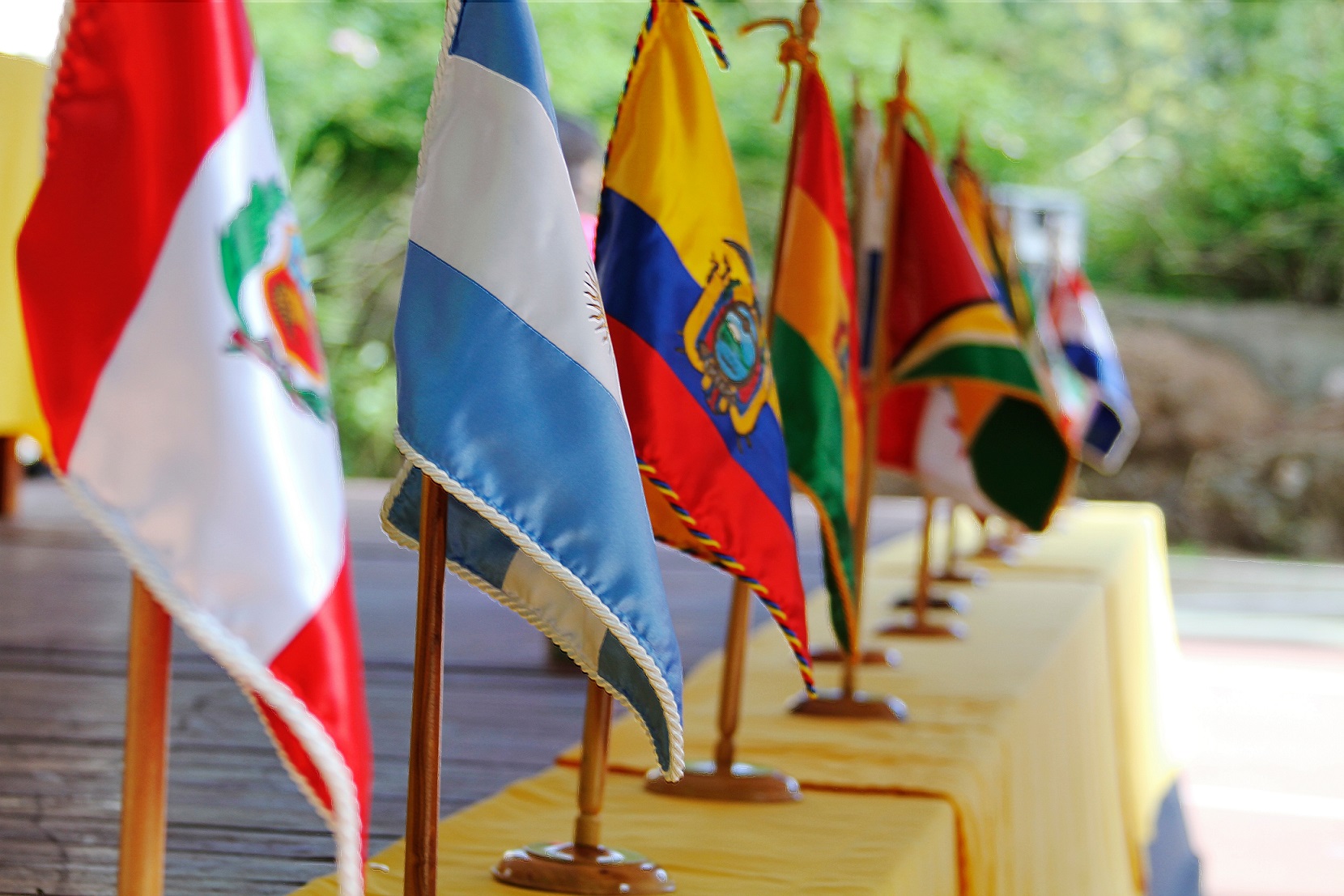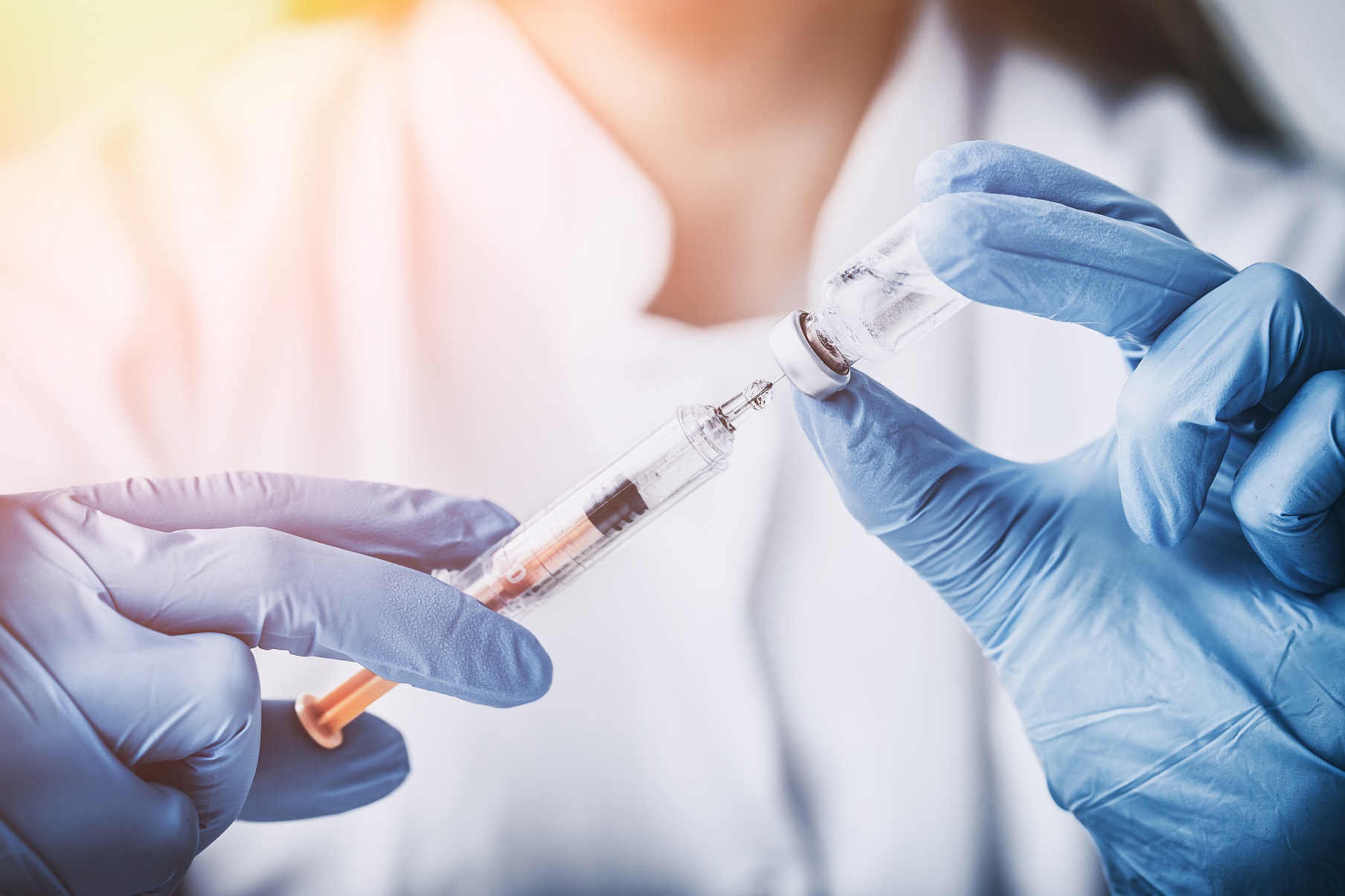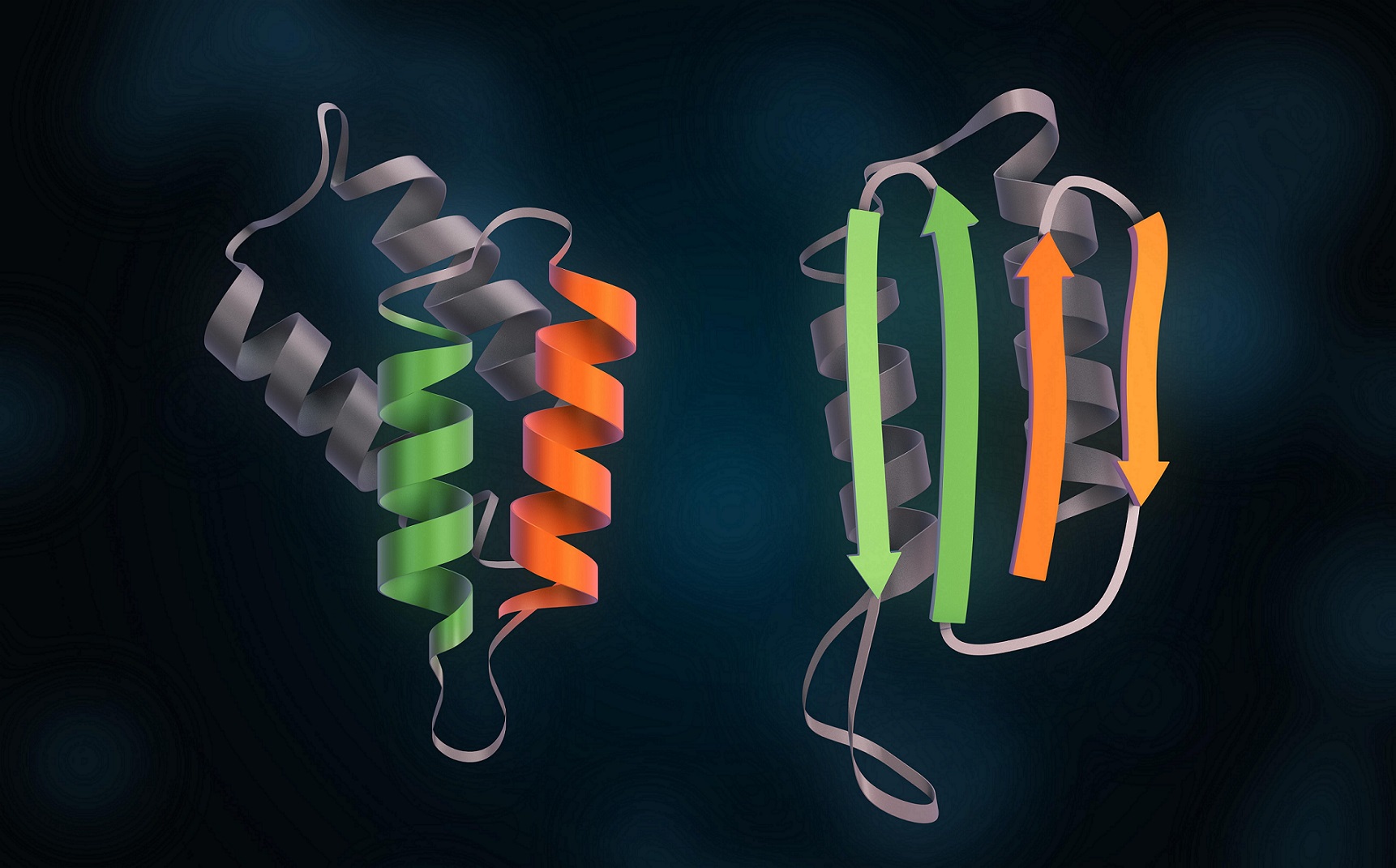How to cover the triple eclipses: resources for journalists
For months, Spain has been preparing to host an astronomical milestone: a trio of solar eclipses that will be visible mainly from the peninsula, Ceuta, and Melilla. In addition to explaining what they are and why they are important, this article will tell you where to find expert sources to answer your questions about this fascinating phenomenon.
